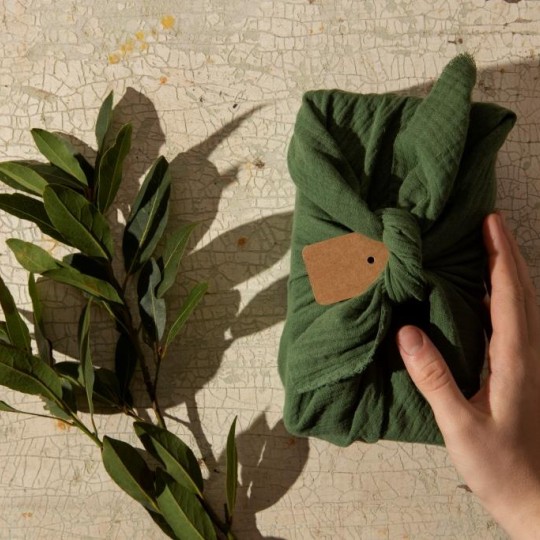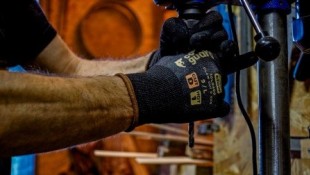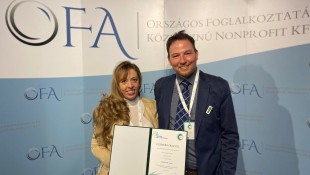2025.01.16. / Új termékek
Why is TENCEL™ a great material for clothing?
Our new CLARINET underwear range is made of 47% TENCEL™, an eco-friendly textile produced from wood through a special and sustainable process.

It’s not a new idea to use plant-based fibers for textile production - think of cotton or linen. These well-known and time-tested plant fibers are durable and natural, but we already know that their production requires an enormous amount of water. From today’s perspective, they can no longer be considered environmentally friendly, even if only natural materials are used during their manufacturing.
Viscose and lyocell (including the version known under the TENCEL™ brand name) are primarily made from cellulose, which is derived from wood (e.g., eucalyptus, oak, and bamboo). This wood is processed using chemical methods to break it down and turn it into usable fibers.
Lyocell production typically begins with wood pulp sourced from sustainable forestry, often eucalyptus, beech, or pine. During manufacturing, the wood pulp fibers are transformed into textiles that are soft, breathable, and moisture-wicking through a special, sustainable process, making them extremely comfortable, especially for underwear.
The production process of lyocell textiles works as follows:
Wood pulp is dissolved using a non-toxic solvent, such as N-methylmorpholine-N-oxide (NMMO), to create a viscous solution. This solution is pressed through fine nozzles to form thin fibers. The freshly created fibers are thoroughly washed to remove residual solvent and then dried. After drying, the fibers are treated, such as bleached or dyed, and then spun into yarns and woven into the desired textiles.
Through this eco-friendly manufacturing process, lyocell becomes a soft, breathable, and sustainable material.
Why is lyocell considered environmentally friendly?
- Fast and efficient production: Lyocell production is exceptionally quick compared to other cellulose-based materials—it takes roughly 2.5 hours to turn raw wood into fibers. This process requires less water and energy than other cellulose-based fibers.
- Sustainable forestry: The wood used comes from forests managed specifically for this purpose, requiring no irrigation or chemical treatments.
- Eco-friendly manufacturing: The solvent used in production is non-toxic and nearly 100% recyclable, minimizing waste.
- Biodegradability: Lyocell-based materials are biodegradable, reducing their long-term environmental impact.
- No toxic: The manufacturing process generates no toxic or harmful byproducts, further reducing its environmental footprint.
TENCEL™ is a trademark used by Lenzing AG for their lyocell-based products. The company ensures that their products are made from raw materials sourced from sustainably managed forests and adhere to strict environmental standards.
Coverguard’s new range of underwear, marketed under the name CLARINET, contains 47% TENCEL™, combined with polyamide and elastane. This blend offers a thermal, flexible, body-hugging, and highly moisture-absorbent undergarment, ideal for those working in cold environments and requiring comfortable wear.
CLAW CUT – revolutionary cut protection for hands
CLAW is the brand name of Coverguard’s top-quality products, and now a first-class cut-resistant glove family has joined this line.
What criteria do we use to design our environmentally friendly products?
The design of products made from recycled and renewable materials is a complex process, and the most important factors are outlined in this article.
UPDATED High-Visibility Clothing Range
A new high-visibility softshell jacket is GRS-certified.
Responsible employer of the year 2021
After being graded Gold Responsible Employer this summer, Ganteline-Coverguard was awarded in the Responsible Employer of the year 2021 competition.







